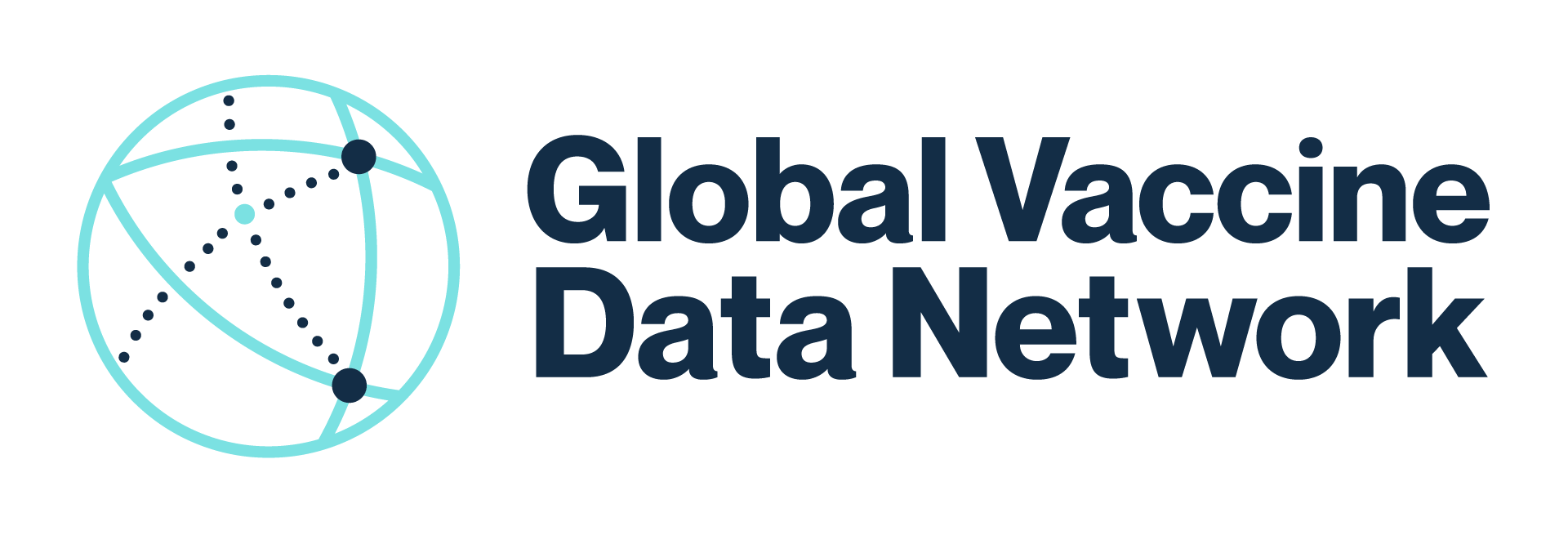The continued success of the global vaccination effort relies upon both the use of safe vaccines and public confidence in their benefit and safety. We need to assess and quantify potential vaccine risks using scientifically rigorous methods in a timely manner for benefit-risk decisions. Uncommon adverse events following immunisation (AEFI) are rare and include outcomes that are delayed and outcomes that occur beyond clinical trial study follow‐up. AEFI, including those among subpopulations excluded from initial clinical programs (e.g., pregnancies, immunocompromised), can only be evaluated in post introduction pharmacovigilance (PIPV) studies. Historically, PIPV has relied on spontaneous reports or passive surveillance for AEFIs. Such passive systems suffer from many weaknesses such as biased/under-reporting, lack of denominators and comparison groups. They can generate hypotheses of new safety concerns but cannot test them to see if they are likely to be caused by vaccines or not.
